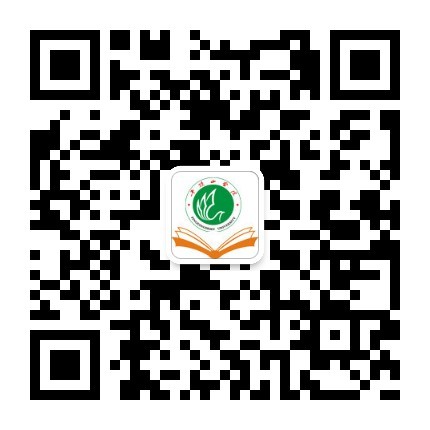限定内容
主题
- 103,295 篇 诗歌
- 35,482 篇 文学作品
- 27,423 篇 现代文学
- 24,683 篇 诗集
- 12,817 篇 文学
- 12,730 篇 中国
- 7,234 篇 当代文学
- 5,897 篇 诗人
- 4,843 篇 当代作品
- 4,689 篇 诗歌创作
- 3,551 篇 诗歌教学
- 3,144 篇 意象
- 2,990 篇 新诗
- 2,262 篇 当代
- 2,098 篇 古典诗歌
- 1,966 篇 诗歌鉴赏
- 1,360 篇 课外阅读
- 1,317 篇 民歌
- 1,226 篇 散文
- 1,191 篇 高中语文
机构
- 897 篇 西南大学
- 882 篇 华中师范大学
- 729 篇 南京师范大学
- 727 篇 首都师范大学
- 700 篇 四川大学
- 685 篇 北京师范大学
- 619 篇 福建师范大学
- 600 篇 陕西师范大学
- 544 篇 北京大学
- 509 篇 山东大学
- 505 篇 南京大学
- 503 篇 西北师范大学
- 491 篇 河北师范大学
- 488 篇 武汉大学
- 460 篇 上海师范大学
- 457 篇 复旦大学
- 437 篇 河北大学
- 410 篇 安徽师范大学
- 405 篇 苏州大学
- 391 篇 山东师范大学
相关文献
- 论宋人对陆游诗歌风格及内容的批评与阐释
- 湖南科技大学人文学院 湖南湘潭411201
-
来源
 维普期刊数据库
维普期刊数据库
 同方期刊数据库
国家哲学社会科学学术...
同方期刊数据库
国家哲学社会科学学术...
详细信息
- 论徐志摩早期诗歌创作中的“以译代作”现象
- 四川大学外国语学院
-
来源
 维普期刊数据库
维普期刊数据库
 同方期刊数据库
博看期刊(平顶山学院)
国家哲学社会科学学术...
同方期刊数据库
博看期刊(平顶山学院)
国家哲学社会科学学术...
更多 详细信息
- 惯习下的诗歌翻译译者主体性对比研究——以《我好似一朵流云独自漫游》郭沫若和杨德豫译本为例
- 赣南师范大学外国语学院 江西 赣州
-
来源
 维普期刊数据库
汉斯期刊
维普期刊数据库
汉斯期刊
详细信息
- 直抵自然生命真相的智性书写--龚学敏的动物诗歌书写
- 西南科技大学文学与艺术学院
-
来源
 维普期刊数据库
博看期刊(平顶山学院)
维普期刊数据库
博看期刊(平顶山学院)
 同方期刊数据库
国家哲学社会科学学术...
同方期刊数据库
国家哲学社会科学学术...
更多 详细信息
- 诗歌鉴赏主观题应答策略谈——从诗评题说开去
- 德清县第六中学 浙江湖州313200
-
来源
 维普期刊数据库
维普期刊数据库
 同方期刊数据库
详细信息
同方期刊数据库
详细信息
- 新世纪诗歌场域、作者身份与当代性呈现
- 中国社会科学院文学研究所 北京100732
-
来源
 维普期刊数据库
维普期刊数据库
 同方期刊数据库
国家哲学社会科学学术...
同方期刊数据库
国家哲学社会科学学术...
中国学术期刊数据库
更多 详细信息
- 异域之花:与谢芜村诗画对陶渊明诗与人的双重受容
- 东华理工大学外国语学院 江西南昌330013
-
来源
 维普期刊数据库
维普期刊数据库
 同方期刊数据库
详细信息
同方期刊数据库
详细信息
- 中国古典诗歌英译本的海外接受研究——以《诗经》英文全译本为例
- 南华大学语言文学学院 湖南衡阳420000南京师范大学外国语学院 江苏南京210003东南大学外国语学院 江苏南京211289
-
来源
 维普期刊数据库
维普期刊数据库
 同方期刊数据库
国家哲学社会科学学术...
同方期刊数据库
国家哲学社会科学学术...
详细信息
- 文天祥诗歌的美学观照及教学探赜
- 苏州市吴中区迎春中学 江苏苏州210000
-
来源
 维普期刊数据库
维普期刊数据库
 同方期刊数据库
详细信息
同方期刊数据库
详细信息
 欢迎光临图书馆智慧平台!
欢迎光临图书馆智慧平台!







